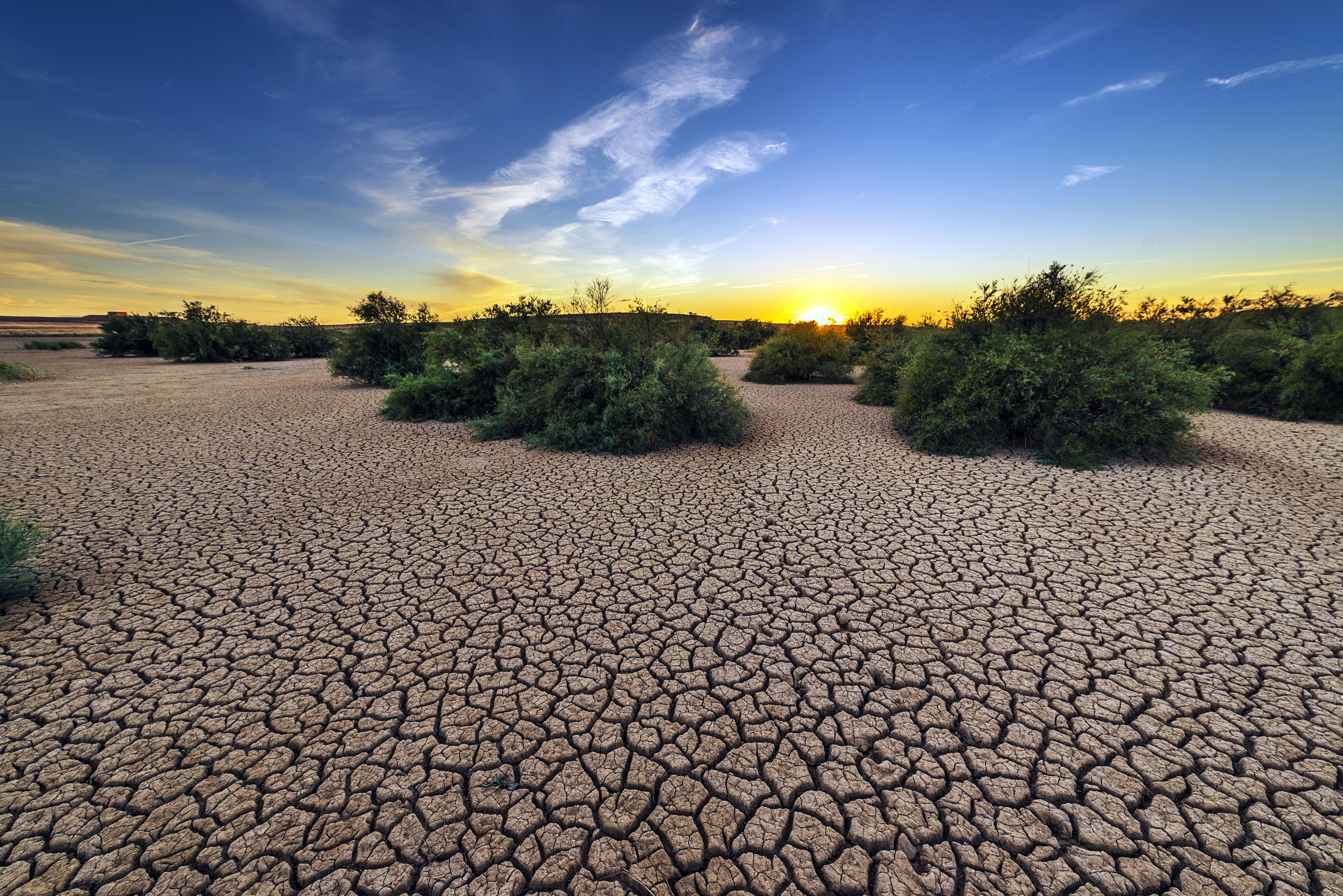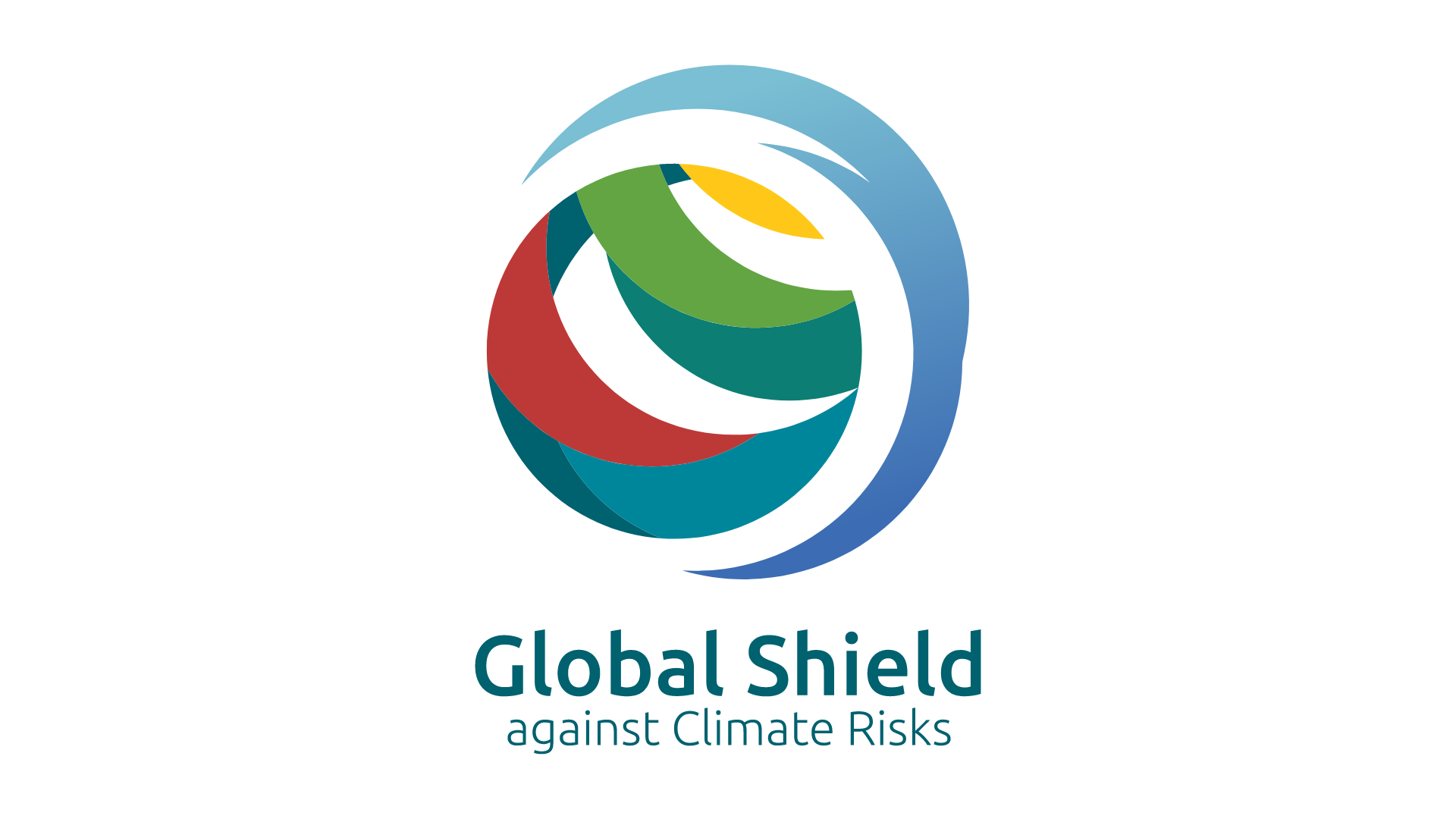Climate and development partnerships Germany and Pakistan agree on concrete measures to protect against climate shocks
Press release 2 May 2023 | Germany and Pakistan want to deepen their Climate Partnership with concrete measures. This was agreed by Development Minister Svenja Schulze and Pakistan’s Climate Change Minister Sherry Rehman in Berlin today, in the margins of the Petersberg Climate Dialogue. The intended activities will focus on three areas in particular: better protection against flooding, for example through retention basins that store water after heavy rainfall and release it again in periods of drought; increasing the use of renewable energy in the national grid; and expanding the social security network for protection against climate shocks. Schulze pledged envisaged commitments of around 120 million euros. In addition to its cooperation with Pakistan, the Development Ministry is engaged in joint activities with 51 other countries aimed at addressing climate change.
Minister Schulze said, “The impacts of climate change recently hit Pakistan with full force. Some areas of the country are still under water following the disastrous flooding last summer. These kinds of climate shocks are going to be happening more and more. That is why it is so important that we are committed to driving the energy transition forward worldwide. At the same time though, we have to prepare communities so that they will be better able to cope with extreme weather in the future. This can be done with technical solutions for coping with the large masses of water. But it is also important to offer social solutions as well. When social safety nets are in place, then people are able to get back on their feet again more quickly. Or it is easier for them to move themselves and all their worldly goods to safety, so that a disaster causes less damage. That is why, for me, social protection systems are an essential part of a holistic climate and development policy.”
Besides discussing future plans for cooperation within the framework of the bilateral Pakistan-German Climate Partnership, Ministers Schulze and Rehman also talked about cooperating on the Global Shield against Climate Risks. The Global Shield was launched during the German Presidency of the G7 in 2022 at the world climate conference that year. It is a joint effort by the G7 and its partners in the Vulnerable 20 Group (V20) which is aimed at providing protection against climate damage for especially endangered developing countries and vulnerable people. Pakistan is one of the pathfinder countries under the Global Shield and wants to improve its disaster response and civil protection capabilities, as well as putting better social protection in place to support people affected by climate-related damage.
The new Pakistan-German projects include a programme for water management. In order to prevent flooding, reservoirs will be built to collect rainwater and manage its flow, so that water is available for irrigation and drinking during the dry season. In order for people to have financial security when a disaster such as a flood occurs, Germany is also cooperating with Pakistan on setting up an adaptive social protection system. The detailed allocation of funds will be agreed between the BMZ and its Pakistan partner ministry during the Government Negotiations on Development Cooperation between Pakistan and Germany scheduled to take place in Berlin next week.
The Pakistan-German Climate and Development Partnership has been in place since 2021. Its aim is to support Pakistan in reaching its climate goals and help the country become better prepared to cope with climate shocks. For example, Pakistan has set itself the goal of halving its predicted emissions by 2030 with the help of international partners. To achieve this goal, some 60 per cent of the country’s electricity is to be generated from renewable sources by 2030.
Climate cooperation activities supported by the Development Ministry (BMZ)
With its Climate and Development Partnerships the BMZ is supporting ambitious partner countries in their efforts to achieve their climate goals in a way that is socially just. These Partnerships combine climate policy with economic development and poverty reduction. Depending on a partner country’s starting point, the focus of this climate cooperation may be on expanding the use of renewable energy, forest conservation, adapting to the consequences of climate change, sustainable farming or urban development. In addition to the partnership with Pakistan, there are similar Climate and Development Partnerships with Serbia, Rwanda, India, Peru and Kenya. More such partnerships are being planned.
Apart from the aforementioned partnerships there are also Just Energy Transition Partnerships (JETPs), which link Germany and other donors to selected developing and emerging economies. The JETPs are intended to help speed up the just energy transition in the partner countries and reduce emissions in the energy sector much faster than had been planned in the next few years. So far, JETPs have been agreed with South Africa, Indonesia and Viet Nam. The intention of these partnerships is to substantially reduce dependency on coal in the partner countries whilst cushioning the social impact of the phase-out and increasing the share of renewables in their energy mix on a massive scale. How a just energy transition can succeed is one of the topics being discussed at the Petersberg Climate Dialogue today, where ministers from some 35 countries are taking part. Development Minister Svenja Schulze will give the introductory speech on this topic at the conference.
The BMZ is cooperating on climate protection, adaptation and biodiversity conservation with a total of 52 developing countries and emerging economies in Africa, Latin America, Asia and Eastern Europe. In 2021, the German government mobilised a total of 8.1 billion euros for global climate action – including 5.34 billion euros in the form of public funds, almost 4.7 billion euros of which was for BMZ cooperation measures. In addition to the climate cooperation activities already mentioned, this amount also includes contributions to multilateral organisations and to funds like the Green Climate Fund.






